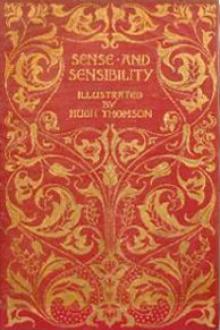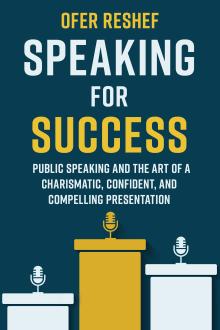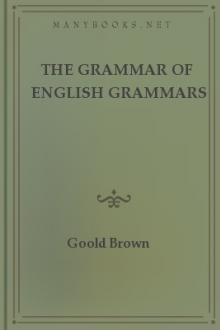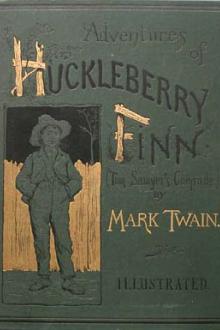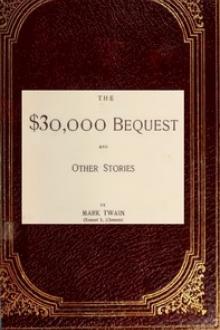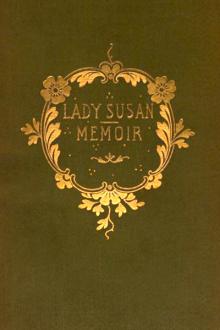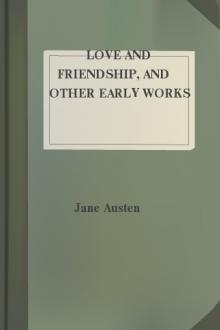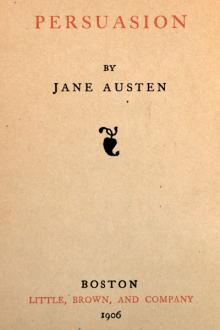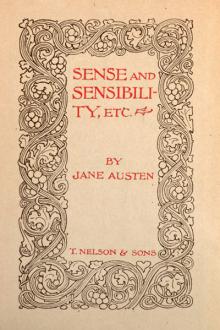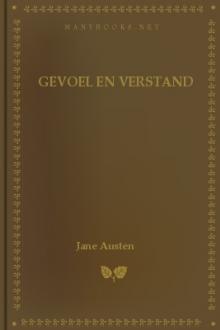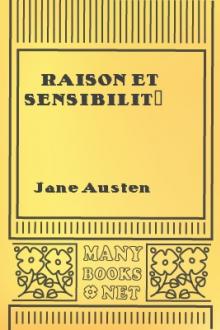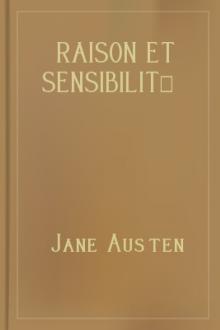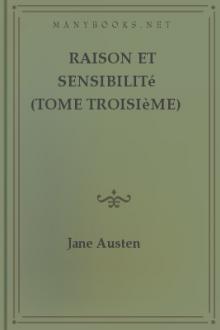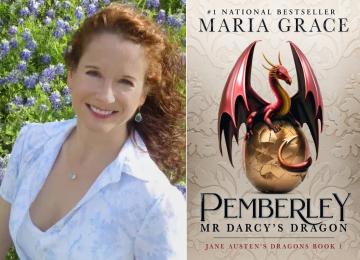Sense and Sensibility
Sense and Sensibility
Two sisters, Elinor and Marianne Dashwood (Elinor representing ''sense'' and Marianne ''sensibility''), along with their mother and younger sister Margaret, are left impoverished after the death of their father, and the family is forced to move to a country cottage, offered to them by a generous relative.
Book Excerpt
y give them occasionally will be of far greater assistance than a yearly allowance, because they would only enlarge their style of living if they felt sure of a larger income, and would not be sixpence the richer for it at the end of the year. It will certainly be much the best way. A present of fifty pounds, now and then, will prevent their ever being distressed for money, and will, I think, be amply discharging my promise to my father."
"To be sure it will. Indeed, to say the truth, I am convinced within myself that your father had no idea of your giving them any money at all. The assistance he thought of, I dare say, was only such as might be reasonably expected of you; for instance, such as looking out for a comfortable small house for them, helping them to move their things, and sending them presents of fish and game, and so forth, whenever they are in season. I'll lay my life that he meant nothing farther; indeed, it would be very strange and unreasonable if he did. Do but consider, my dear Mr. D
FREE EBOOKS AND DEALS
(view all)Popular books in Fiction and Literature, Romance
Readers reviews
3.6
LoginSign up
reread Jane Austen's books every few years, and each time I read "Sense and Sensibility," I'm less and less satisfied with it. The older I get, the harder I find it to enter into the early 19th-century outlook of young women whose only goal in life is marriage, and the more impatient with the forgiveness they grant to fickle and perfidious men. While the forbearance ultimately granted to the unprincipled Willoughby is slight, still, it's far more than he deserves. "The whole of his behaviour," says Elinor to Marianne, "from the beginning to the end of the affair, has been grounded on selfishness. It was selfishness which first made him sport with your affections; which afterwards, when his own were engaged, made him delay the confession of it, and which finally carried him from Barton. His own enjoyment, or his own ease, was, in every particular, his ruling principle."Yet, when it comes to Edward Ferrars, who has acted in pretty much the same way toward herself, if in a less blatant fashion — perhaps worse, because he was already engaged to marry another girl when he first met her — she's overjoyed to excuse, forgive and marry him. This was Austen's first published novel, which she paid to have printed. Thankfully, her heroines become more progressive in her subsequent books.
- Upvote (1)
- Downvote (0)
A good read .... full of true circumstances .... and although plot develops slowly but still it was great ........ not as good as pride and prejudice .... but still a great read
04/13/2014
it's a gateway drug to reading, the drive to know what happens next, to want to turn the page, the need to keep going, even if it's hard, because someone's in trouble and you have to know how it's all going to end that's a very real drive :)
12/09/2013
I read this after finishing Pride and Prejudice and found this an easier read, though I wasn't as fond of the characters. I didn't find the ending so obvious as P&P, but that may be because I knew less of this book to begin with. As another reviewer mentioned, it does seem hastily wrapped up at the end, which I was a little disappointed with.
08/19/2012
One of the best books ever written. the only problem is that Jane Austen wrapped it up too quickly at the end.
07/26/2011
I loved this book. More than Pride and Prejudice. I think it's to each their own. My favorite was Elinor Dashwood and while I found Marianne quite spoiled for most of the book, she grew on me. I liked this book mainly because while there is romance, the story is really about the relationship between the two sisters who are so different and expect such different things from life, love, and each other. While P&P was also good, that book was more focused on romance than family and sisterhood, and I feel that Austen herself understood and conveyed sisterhood to me more convincingly than romance in general. But that's just me. Give the book a chance, it may not be your cup of tea, but it may also surprise you.
04/08/2010
I just couldn't finish this book. I thought it had poorly developed characters, too much narration, and not enough actual dialogue. I really didn't care what happened to any of the characters. I have read all of Jane Austen's works written after this one, and have enjoyed nearly all of them. This book didn't seem up to Austen's usual level of writing skill. Dialogue is what she excells in, but it's nearly left out altogether here. Seems like more of a first draft of a novel.
08/10/2007
